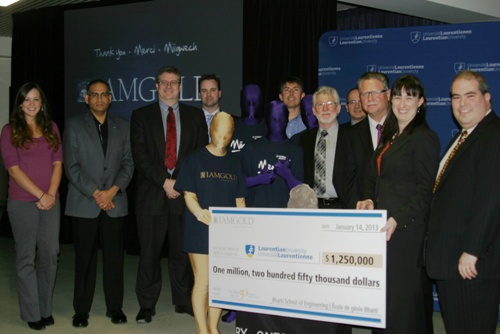The National Post is Canada’s second largest national paper.
First Nations leaders and Idle No More activists have promised only peaceful protests on their national day of action Wednesday, but once the snow melts and warmer weather sets in, key highways — including the main road to Alberta’s Fort McMurray, a major oil production hub — could be blocked for days, weeks or even months, prompting what one chief called “chaos.”
These latest threats of economic upheaval come at a fragile moment in First Nations-Crown relations, especially now that National Chief Shawn Atleo announced on Monday that a regional chief will take over his duties while he takes a “brief” doctor-ordered stress leave.
Athabasca Chipewyan First Nation Chief Allan Adam said that while there are no plans to shut down Highway 63, the only all-weather road to Fort McMurray, on Wednesday, the government should expect a months-long summer blockade if it does not repeal or amend its recently passed omnibus budget bill that made changes to the Indian Act and the Navigable Waterways Act.
“If we’re going to shut down that highway, we’re going to shut it down completely — and not just for one day,” he said, warning that “every major highway across the country” would fall to a similar fate. “It’s escalated to a point where people’s frustrations are beginning to run out, and when people’s frustrations run out, things happen.”
In Southern Ontario, Grand Chief Gordon Peters of the Association of Iroquois and Allied Indians warned that Wednesday’s planned disruption along Highway 401 near Windsor is just a taste of what could come if the Harper government does not acquiesce.
























